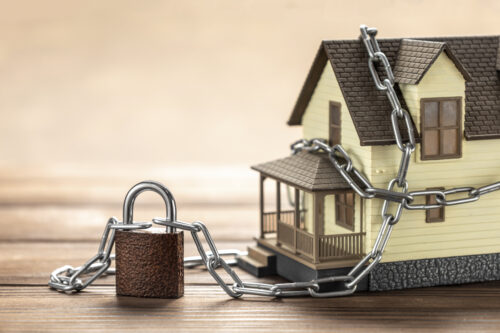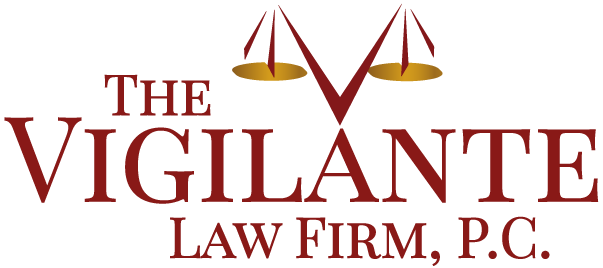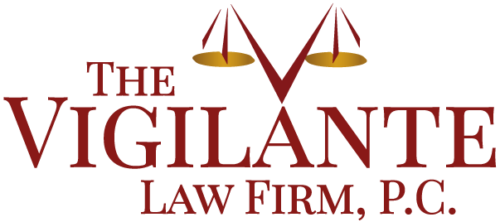
If you were put on parole, this means that you are likely a criminal offender who was incarcerated but was released before your court-ordered expiration date. That is, you may now be serving the rest of your sentence while living in the community. Read on to discover what happens if you violate your parole and how one of the experienced New Jersey & Pennsylvania criminal defense lawyers at The Vigilante Law Firm, P.C. can help you avoid any instances of this altogether.
What is the role of my parole officer?
You may be assigned a parole officer almost immediately after your release from a state or local correctional facility. In New Jersey, parole officers are considered to be sworn law enforcement officers who work within the State Parole Board Division of Parole.
Essentially, your parole officer is supposed to serve the role of your supervisor. This is because there are many terms and conditions surrounding your being able to serve the rest of your sentence in the community. So your parole officer is meant to assist you in complying with these terms and conditions. This may entail your attending routine meetings with your parole officer. Or, it may include your parole officer randomly visiting your residents at different hours of the day or night, randomly conducting drug tests, etc.
What happens if my parole officer finds that I violated my parole?
You must understand that being granted parole is a privilege you do not want to take advantage of. The last thing you want is for your parole officer to find out that their suspicions of your violating parole are justified. This may prompt them to arrest you and return you to custody pending a revocation hearing.
First, you may attend a preliminary hearing. This is to determine whether there is probable cause to believe that you seriously or persistently violated your parole in the first place. If this is proven true, a revocation hearing may determine whether there is clear and convincing evidence to believe that revocation is desirable and that you should be returned to custody.
In a worst-case scenario, one possible outcome of your revocation hearing may be that a hearing officer orders you to return to custody with no future parole eligibility term. In a best-case scenario, however, an officer may order you to remain on parole with additional, special conditions to better assist in your rehabilitation within the community.
So if you are facing a preliminary and/or revocation hearing that threatens your parole eligibility, what you need the most is likely strong legal representation from one of the experienced New Jersey & Pennsylvania criminal defense lawyers. Someone at The Vigilante Law Firm, P.C. is looking forward to your phone call.


